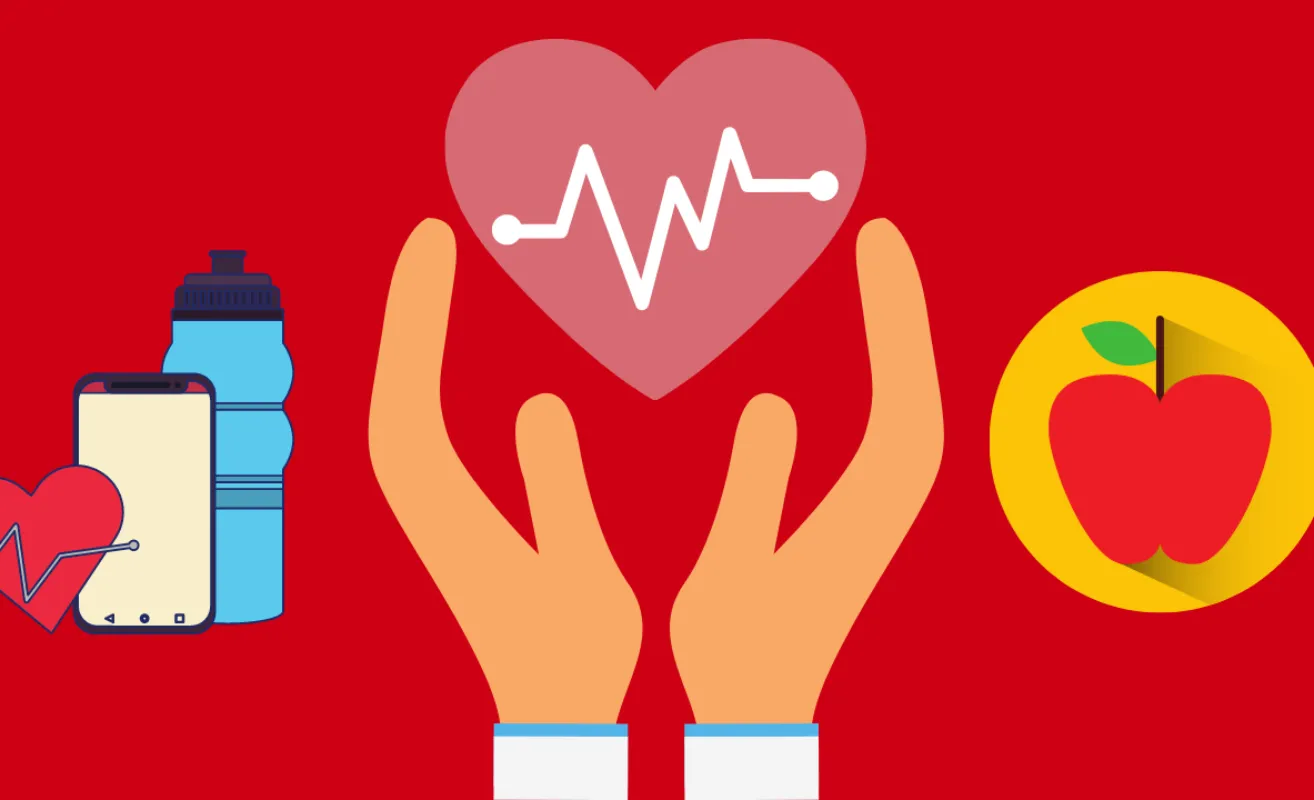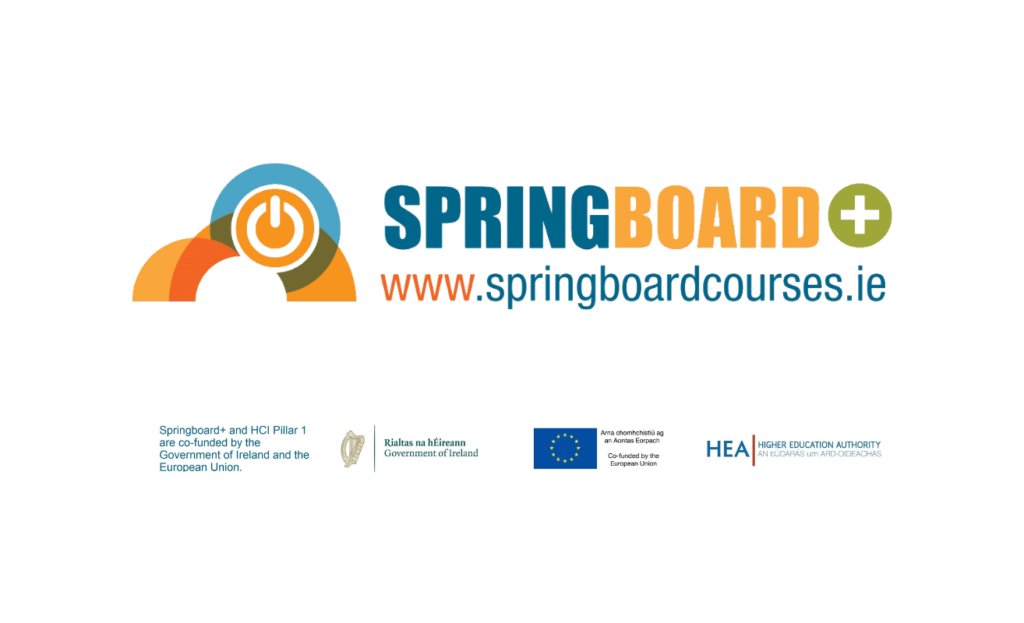Courses
Admissions & Support
Course Search
Courses
Admissions & Support
Course Search
Our Services
Our Community
Course Search
Professional Services
Status: Register Your Interest
Campus: Online
years: 1
Fees: Springboard Funded for 2024. See Fees Section below.

This innovative programme is designed to enable managers across all sectors to integrate health and wellbeing into their working environments. Health, leadership and wellbeing are becoming increasingly important for companies to maintain a content and productive workforce. Specialists in workplace health and wellbeing will become essential agents of change within organisations.It is particularly suited to those working in Health Promotion, Human Resources, Management, and the ever-growing corporate wellness industry.
This programme allow managers to evaluate, integrate and promote health and wellbeing among their staff. The topics will include nutrition, physical activity promotion, mental health, behaviour change and project management. Content will be delivered through blended learning, comprised of online lectures, live tutorials and in-house workshops.
The programme team have engaged with local industry and with the 2 Regional Skills Forum managers for the regions and all have been very supportive of the programme.
This is a successful, established programme and TUS have an extensive Interest List in place of potential applicants. TUS liaise directly with our Mid West and South East Regional Skills Forum managers to identify trends and gaps in professional development opportunities within the region. TUS present and promote our programmes at various industry events and we maintain Interest Lists of potential applicants for future intakes. In addition, we link directly with HR and Talent Development Managers across the Mid West Region to identify enterprise skills needs.

(a) A minimum PASS honours bachelor degree Level 8 in a cognate discipline
or
(b) A minimum PASS honours bachelor degree (Level 8) in a non-cognate discipline with considerable experience and/or ability evidenced by an RPL portfolio of prior experience and learning
or
(c) Equivalent Qualifications. Applicants with equivalent qualifications on the European and International frameworks will also be considered. International students must evidence a proficiency in English language (IELTS 6.0).
or
Foundations in Workplace Wellbeing
Credits: 10
Learning outcomes on completion of this module the learner will/should be able to:
Workplace Health Promotion
Credits: 10
Learning outcomes on completion of this module the learner will/should be able to:
Applied Workplace Wellbeing
Credits: 10
Learning outcomes on completion of this module the learner will/should be able to:
Qualitative Methods in Research
Credits: 5
Learning outcomes on completion of this module the learner will/should be able to:
Strategic Planning for Health & Wellbeing
Credits: 5
Learning outcomes on completion of this module the learner will/should be able to:
Leading Change in the Workplace
Credits: 10
Learning outcomes on completion of this module the learner will/should be able to:
Quantitative Research Methods
Credits: 5
Learning outcomes on completion of this module the learner will/should be able to:
Managing Health & Wellbeing Projects
Credits: 5
Learning outcomes on completion of this module the learner will/should be able to:
Dissertation
Credits: 30
Dissertation module will only be undertaken by those who wish to progress to Masters qualification.
2hr pre-recorded lectures for each module will be available by 6pm every Monday on the TUS Moodle Platform.
Live online tutorials will be Tuesdays and Thursdays 6.30pm to 8.30pm for 12 weeks from then on via MS teams. A playback option will also be available for these tutorials.
The module sequencing will be as follows:
Semester 1: Introduction to Health Promotion (10 credits): Foundations in Workplace Wellbeing (10 credits)
Semester 2: Applied Workplace Wellbeing (10 credits); Qualitative Methods in Research (5 credits); Strategic Planning & Project Management (5 credits).
Semester 3: Leading Change in the Workplace (10 credits); Quantitative Research Methods (5 credits); Managing Health and Wellbeing Projects (5 credits).
*Semester 4: Dissertation (30 credits)
*Dissertation module will only be undertaken by those who wish to progress to Masters qualification.
*Please note that the End Date listed for this programme relates to the date of the final Exam Board where results will be formally approved.
Schedules are subject to change.
Each 5 credits will normally equate to approximately 100 Total Learning Hours. Total Learning Hours includes the time you spend in class (lectures, tutorials, practical elements) and the time you spend completing work outside of college. The balance between these two varies by discipline, and by level of study. You should bear in mind that the workload will increase at particular times e.g. when assignments are due.
All modules will be assessed via continuous assessment and will take the form of assignments, group tasks, presentations etc. – 100% continuous assessment
Postgraduate Diploma in Applied Leadership in Workplace Health & Wellbeing (Level 9, 60 Credits)
This programme will be Springboard+ funded in 2024. Successful applicants in employment will qualify for 90% Springboard+ funding & will be liable for the balance of the 10% fee of €660. Successful applicants on a qualifying DSP payment will qualify for 100% funding.
Course is now full, however, we will keep a waiting list. Please Register Your Interest to be added to the waiting list. Courses run subject to viable numbers.